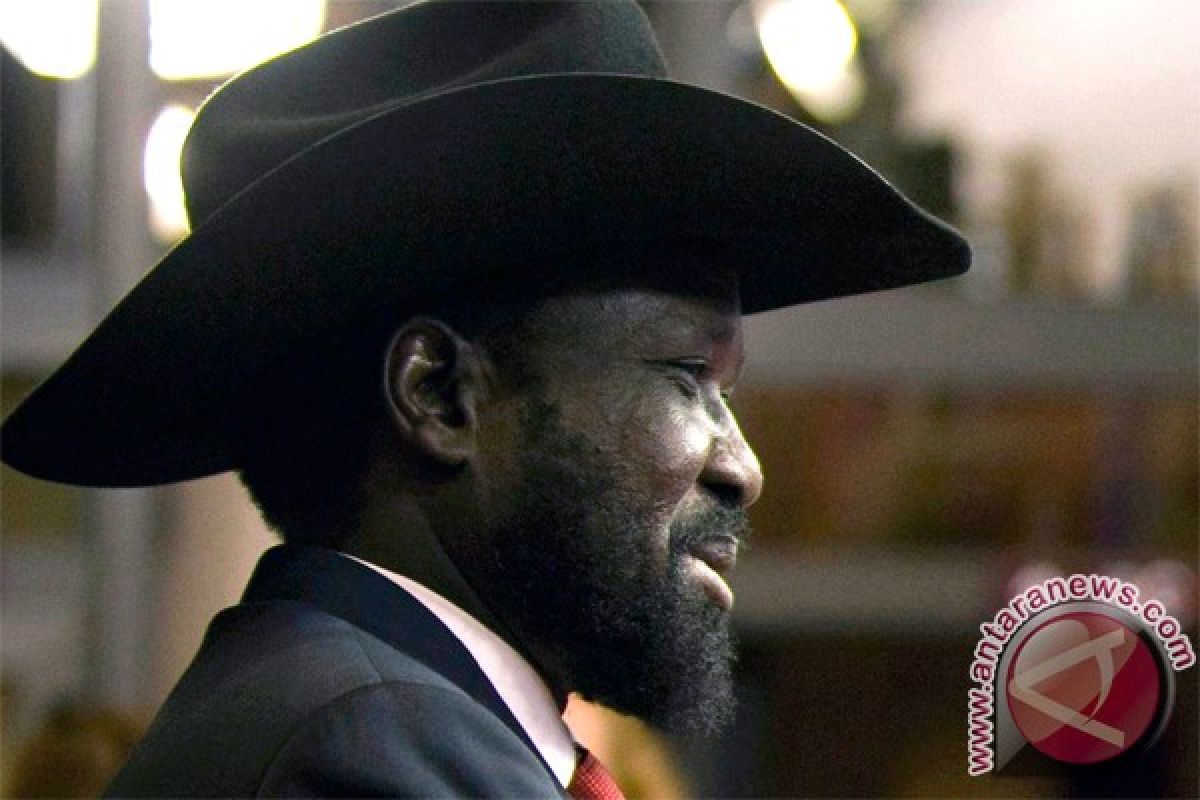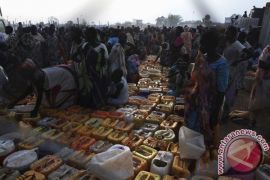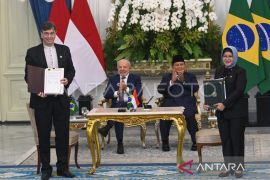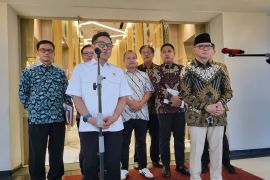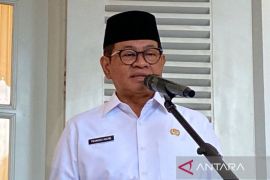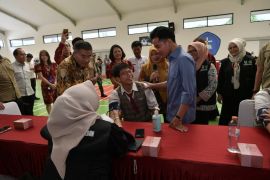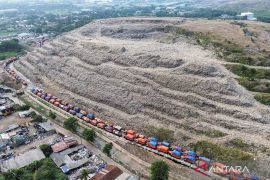It will only lead to one thing, and that is to turn this new nation into chaos."Juba (ANTARA News/AFP) - Heavy fighting between government forces and rebels was raging Thursday in South Sudans key oil-producing north, officials said, as neighbouring Kenya and Ethiopia stepped up efforts to broker an end to the civil war.
Army spokesman Philip Aguer said troops loyal to President Salva Kiir were battling forces allied to former vice president Riek Machar inside the town of Malakal, capital of Upper Nile state.
He also said troops were preparing an offensive against Bentiu, the main town in oil-rich Unity State, to follow on from their recapture of Bor, another state capital that had fallen into rebel hands during the nearly two weeks of clashes in the world youngest nation.
"There is fighting in Malakal. Our forces are in the northern part of Malakal and the rebels are on the southern part. We will flush them out of Malakal," Sudan Peoples Liberation Army (SPLA) spokesman Aguer told AFP.
"The rebels are still controling Bentiu but SPLA is planning to retake Bentiu soon," he added.
The violence in South Sudan, a fledgling oil producer which won independence from Sudan just two years ago, has left thousands dead, according to the United Nations.
Ten of thousands of civilians have also sought protection at UN bases amid a wave of ethnic violence pitting members of Kiirs Dinka tribe against Machars Nuer.
The UN Security Council voted Tuesday to send nearly 6,000 extra soldiers and police to South Sudan, nearly doubling the UNMISS force to 12,500 troops and 1,323 civilian police.
Amid reports of bodies piled in mass graves and witness testimonies of massacres and summary executions and rapes, UN Secretary General Ban Ki-moon has promised those responsible would be "held accountable".
Crude prices have also edged higher because of the fighting as oil production, which accounts for more than 95 percent of South Sudans fledgling economy, dented by the violence and oil workers evacuated.
Kenyan President Uhuru Kenyatta and Ethiopias Prime Minister Hailemariam Desalegn flew into Juba on Thursday for talks with President Kiir, the latest in a line of peace brokers who have flown in since the fighting began on December 15.
The leaders, the most senior officials yet to visit the country, posed for photos before going into closed door talks.
Atrocities reported
The fighting started after Kiir accused Machar of attempting a coup. Machar denied this, and said the president was exploiting a clash between members of the army as a pretext to carry out a purge.
Although Kiir and Machar -- a former vice president who was sacked in July -- have said they are open to peace talks, fighting has spread to half of the countrys 10 states.
The battles have also been intense: an AFP correspondent who visited the recaptured town of Bor on Wednesday said bodies littered the streets and stores were looted, with occasional gunshots still ringing out even as civilians poured back into the town.
The UN said aid agencies need $166 million (121 million euros) over the next three months to distribute food, manage camps for the displaced and provide health and sanitation.
"There are at least 90,000 people who have been displaced in the past 10 days. This includes 58,000 people who are sheltering in UN peacekeeping bases," said the UN humanitarian chief in the country, Toby Lanzer.
"It is crucial that aid agencies have the resources they need to save lives in the coming months," he said.
UN rights chief Navi Pillay said a mass grave had been found in rebel-held Bentiu and cited reports of at least two more in Juba, the capital. Around 15 bodies were found in one site in Bentiu, and another 20 bodies at a nearby river, she said.
In Juba, the UN mission was more cautious, confirming the 15 killed but saying it was still "investigating reports of such atrocities".
A number of witnesses have recounted a wave of atrocities, including an orchestrated campaign of mass killings and rape.
"There are now people who are targeting others because of their tribal affiliation," Kiir said in a Christmas message to the country, where the population is roughly divided between Christians, Muslims and those with
traditional indigenous beliefs. "It will only lead to one thing, and that is to turn this new nation into chaos."
In his Christmas message, Pope Francis called for "social harmony" and warned the violence was "threatening peaceful coexistence".
Nearly 100 US troops are on the ground in South Sudan, and the US military said Tuesday had deployed a "platoon-sized" Marine contingent to neighbouring Uganda. Four US troops were wounded on Saturday when their aircraft was shot at during an evacuation operation.
The United States was instrumental in South Sudans independence from the north.
(U.M016)
Editor: Priyambodo RH
Copyright © ANTARA 2013
